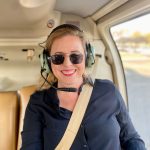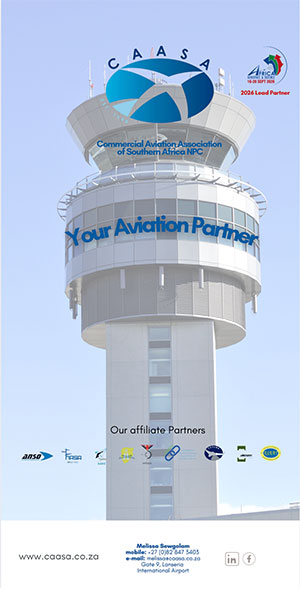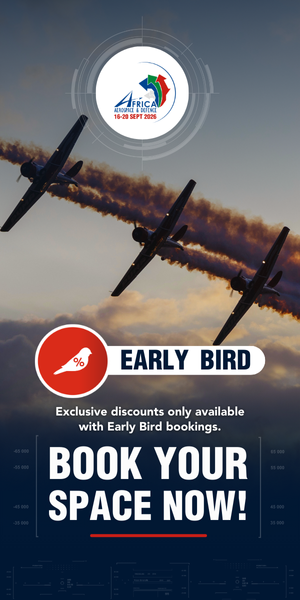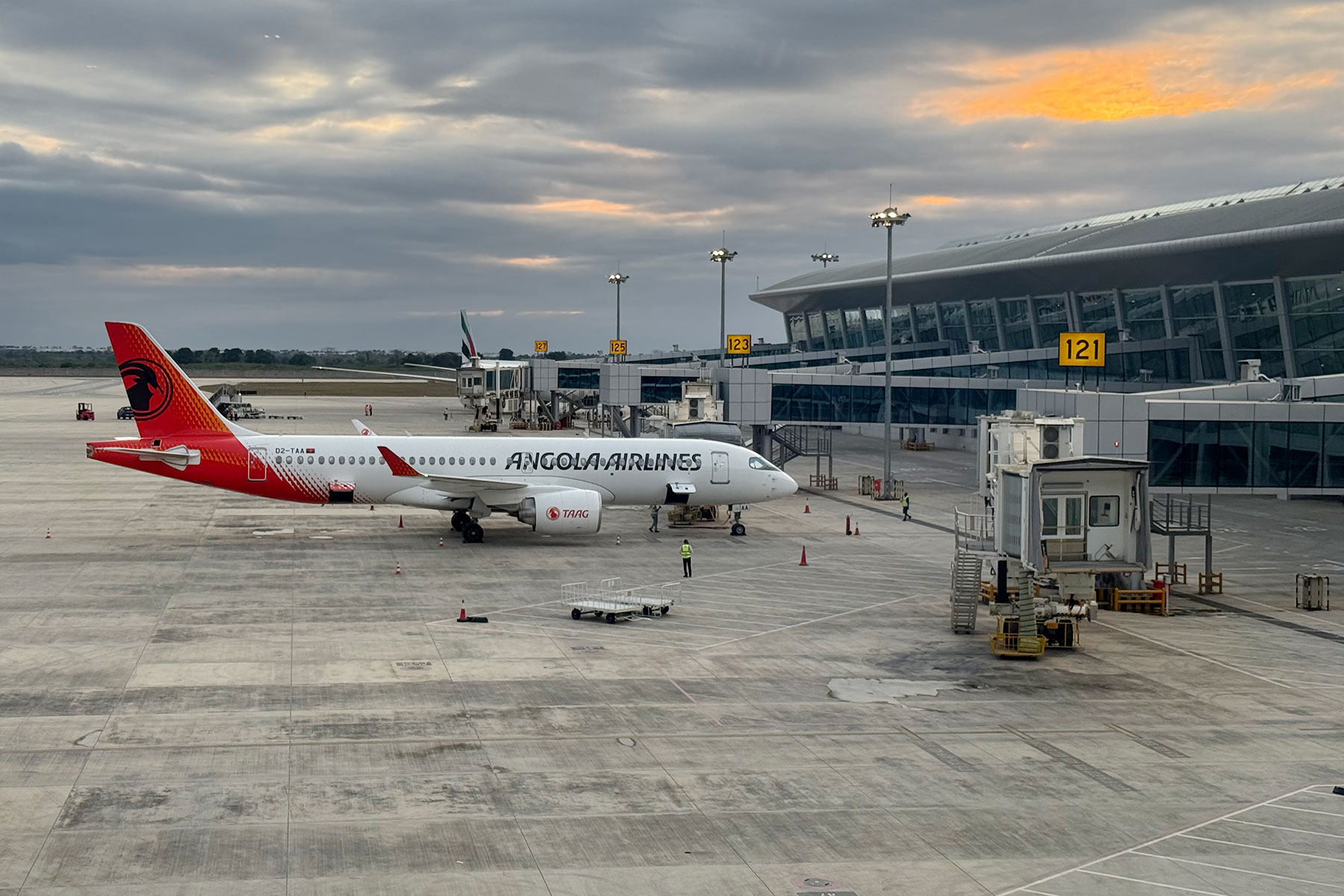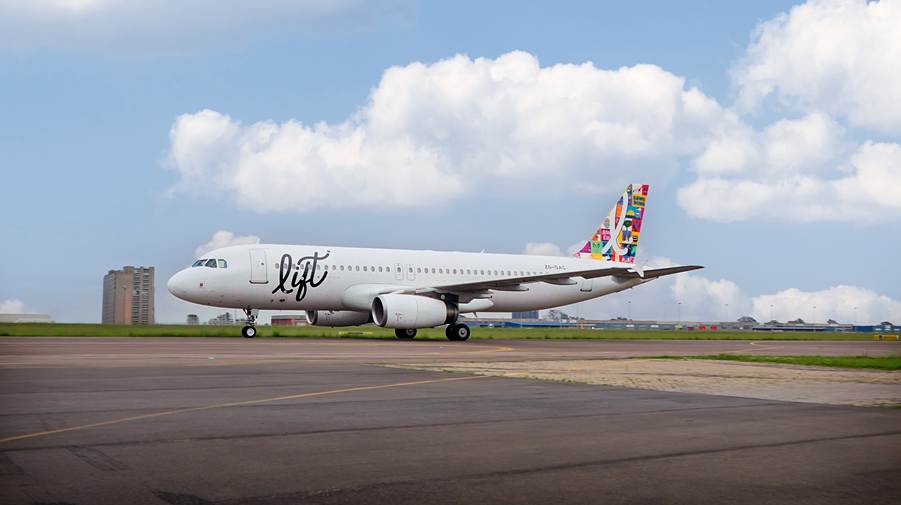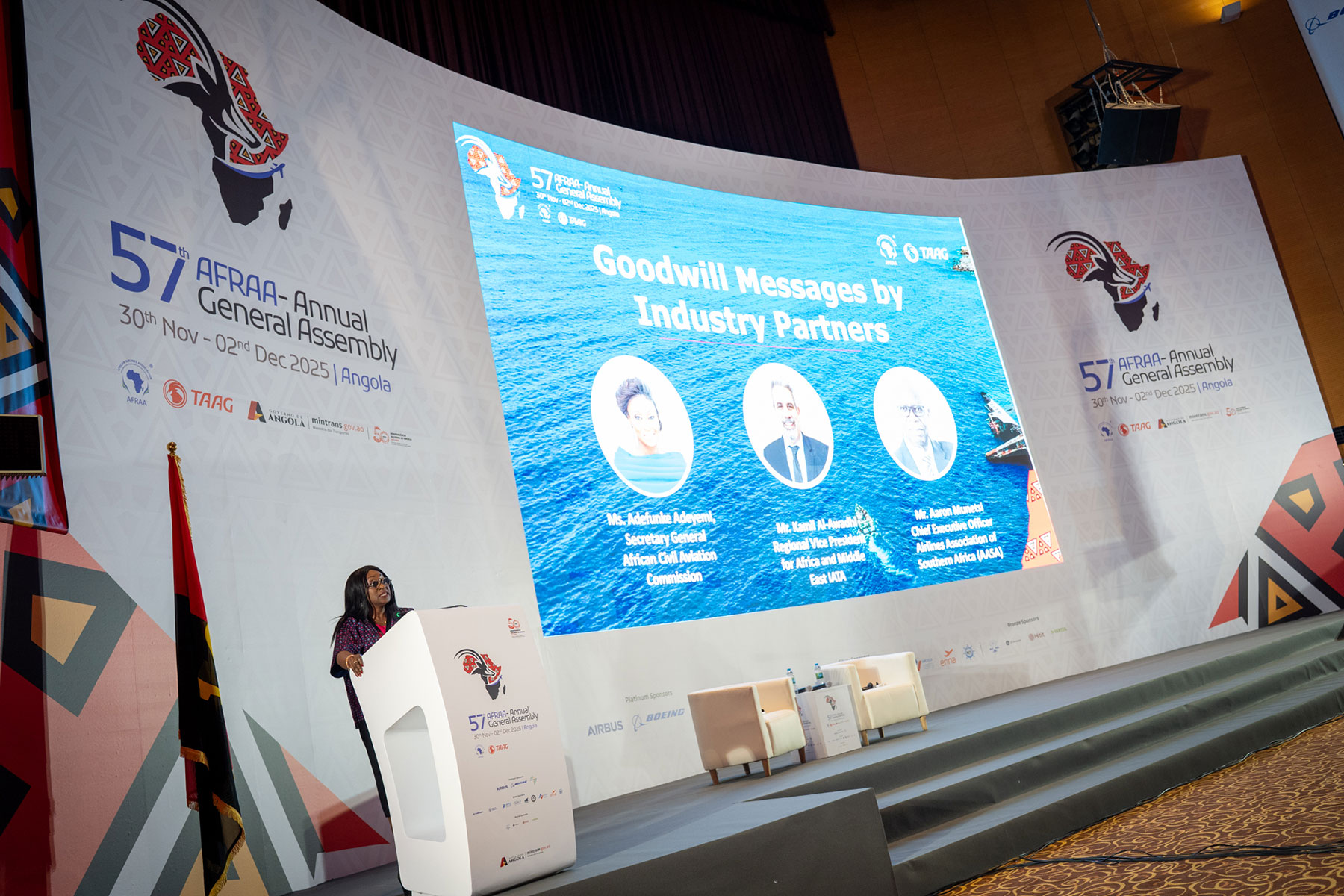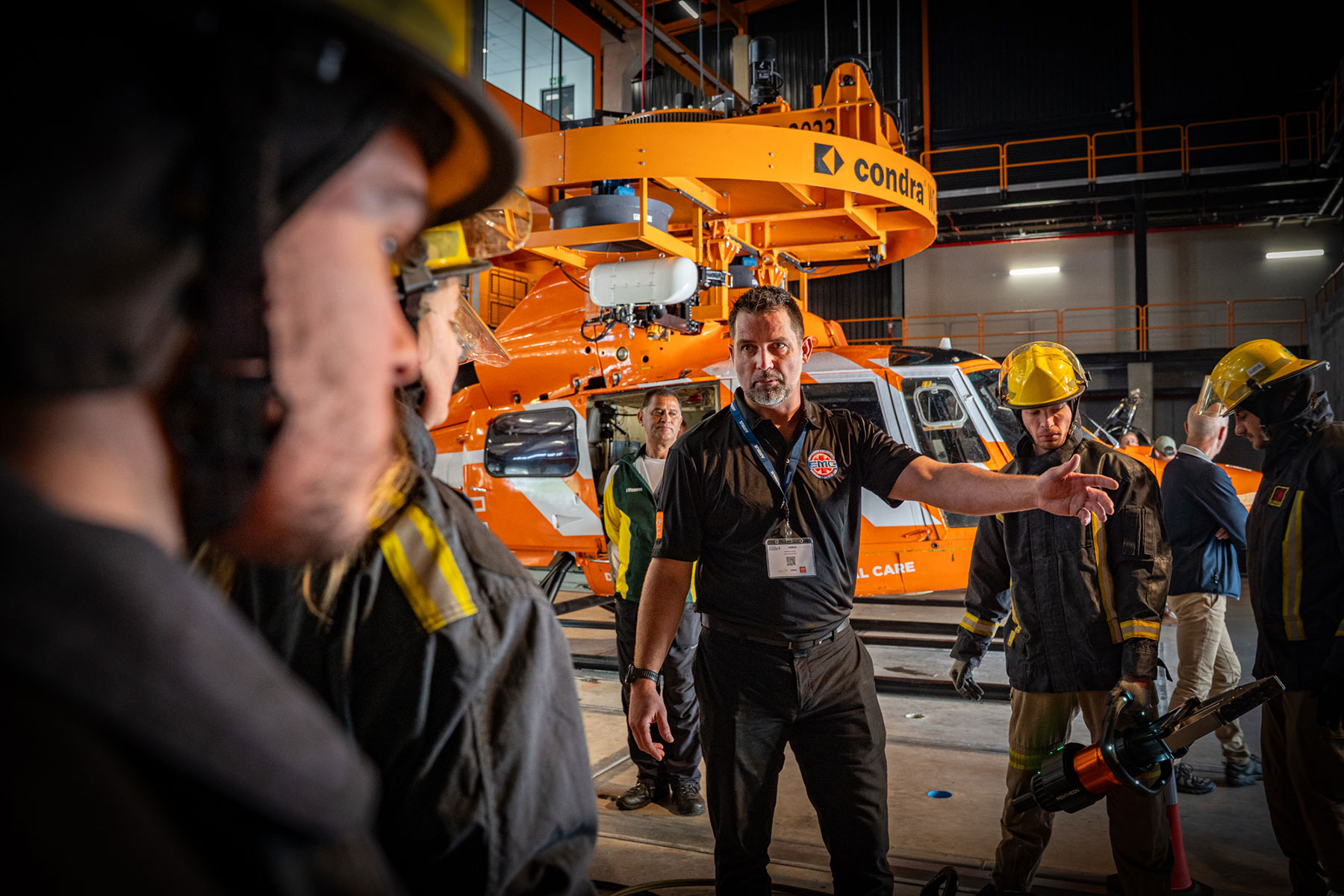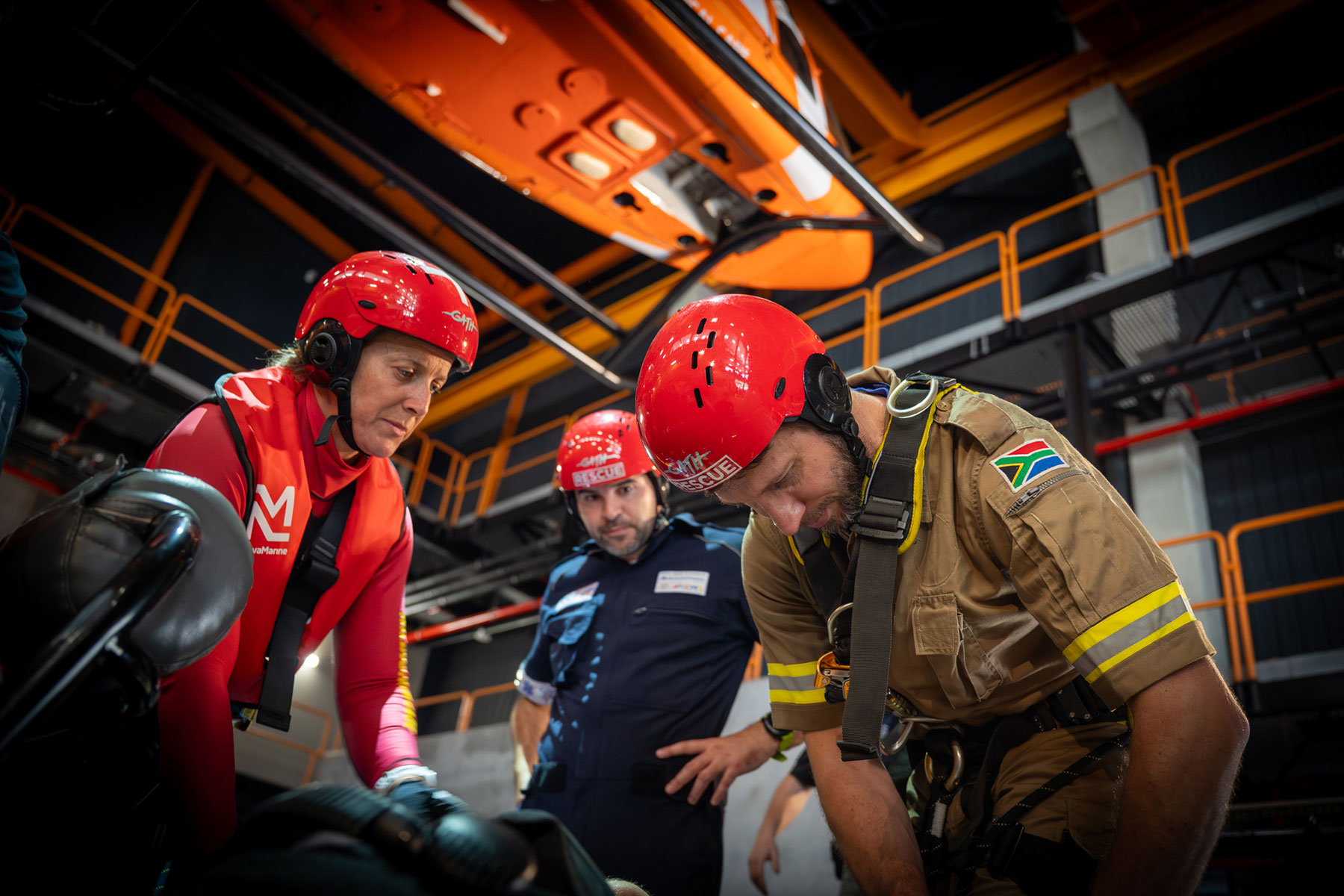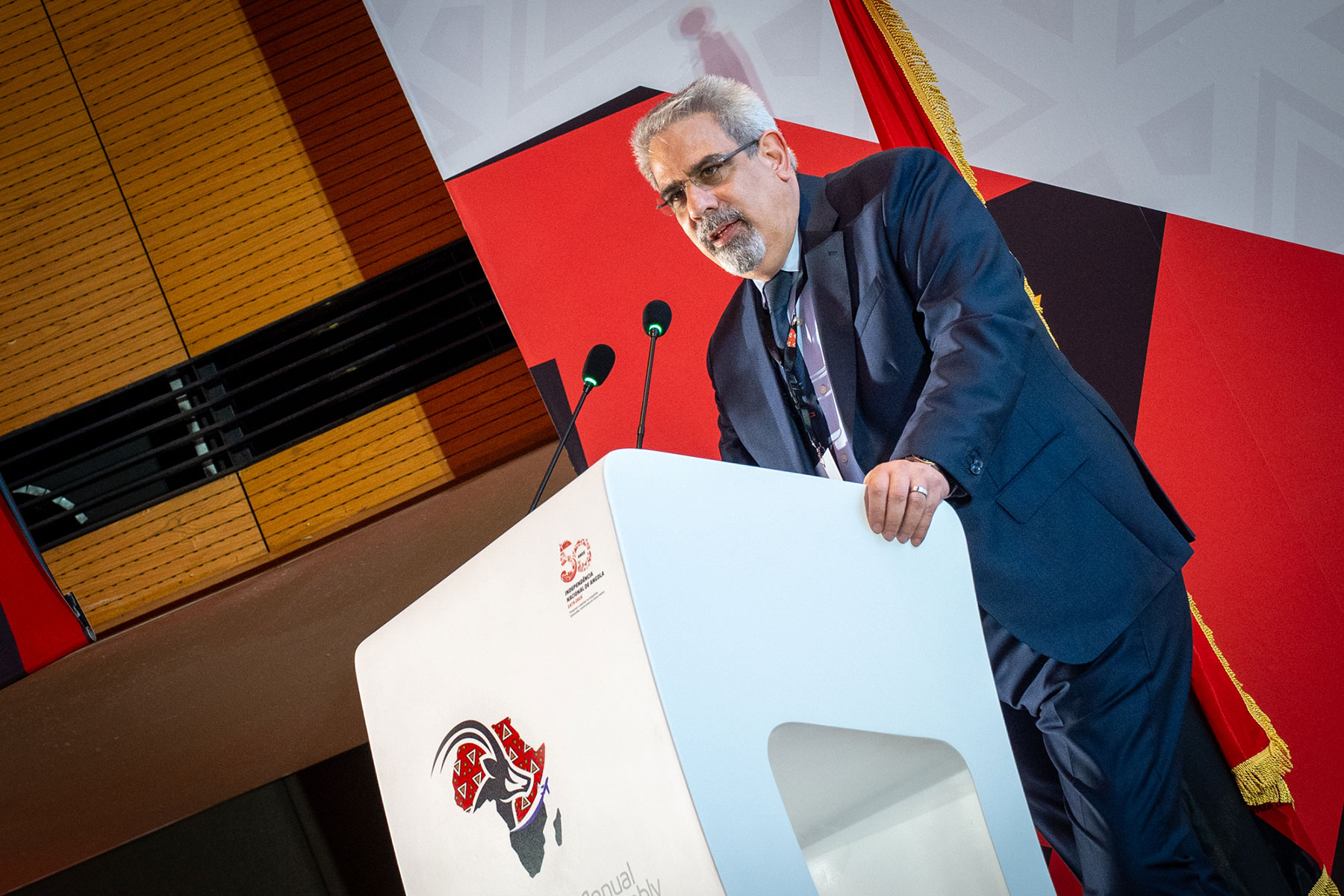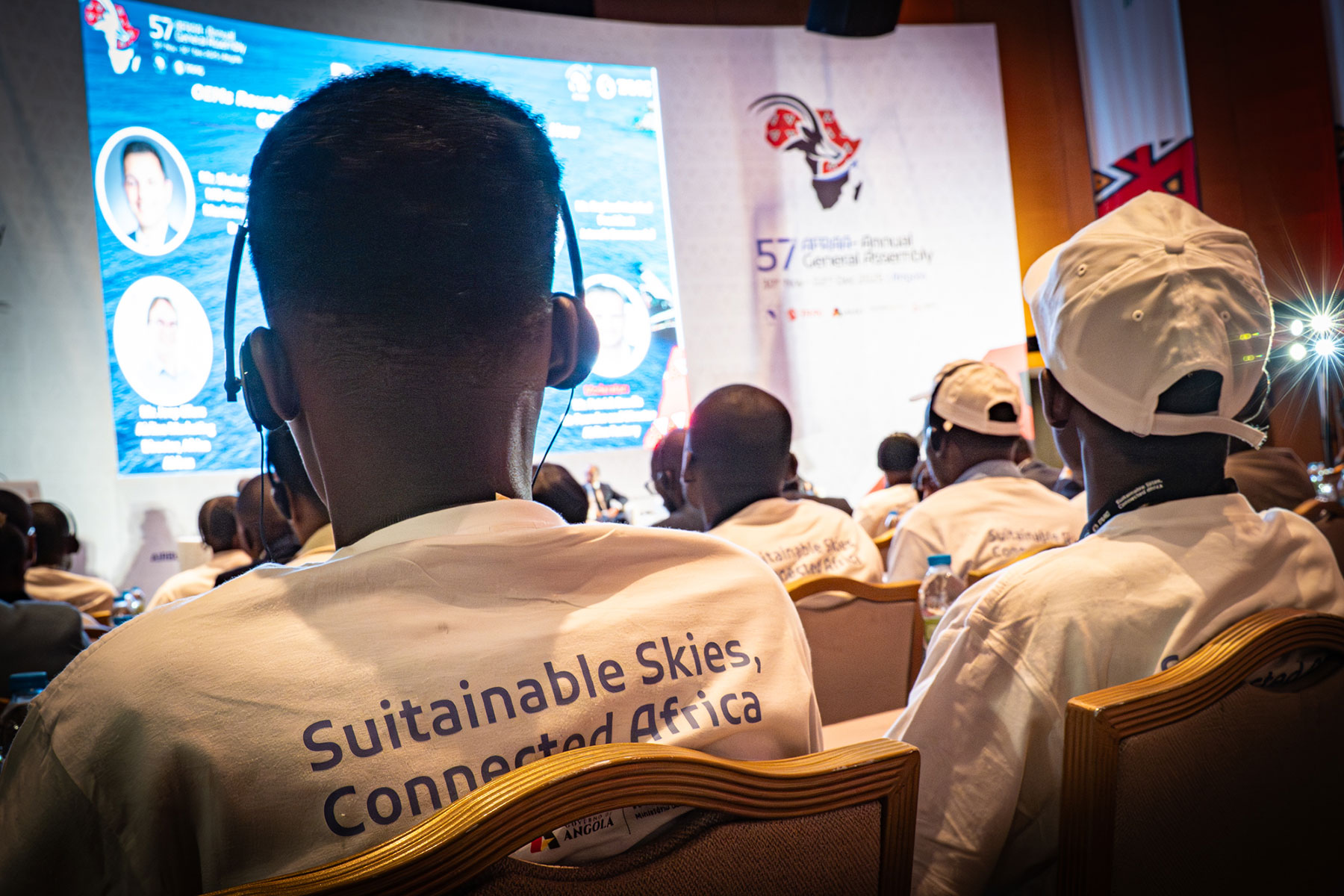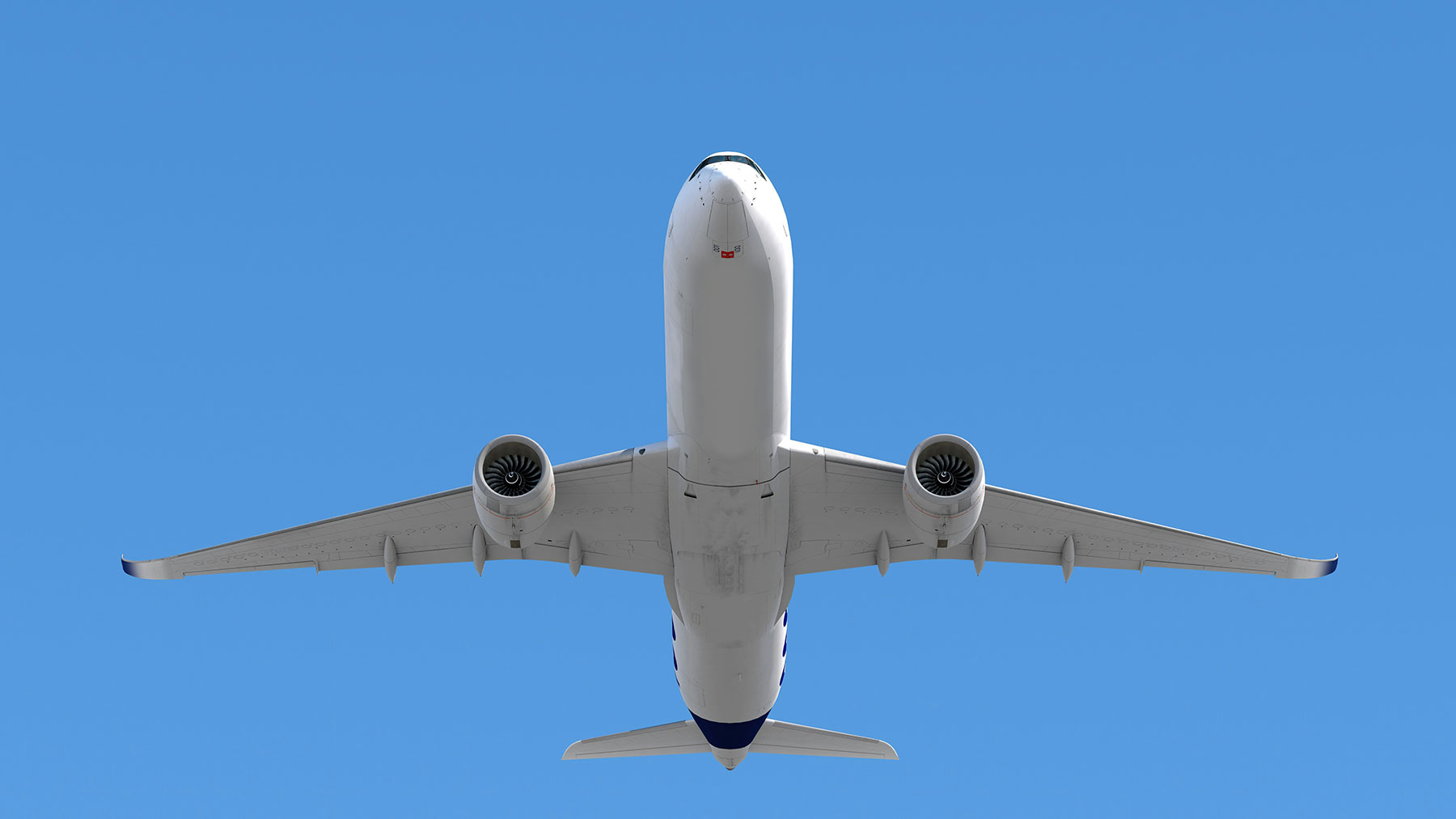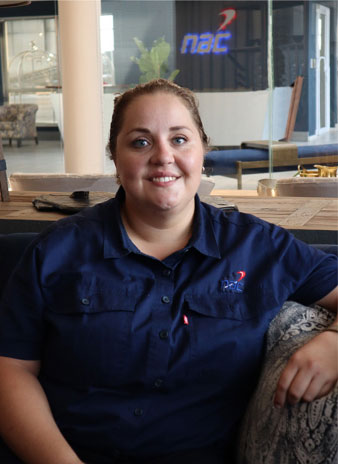
Every year, March signifies International Women’s Month, and as we enter the last week of it, we turn our attention to some of the ladies working behind the scenes in the hangars of National Airways Corporation (NAC). NAC, based out of Lanseria International Airport, specialises in aircraft operations, leasing and maintenance and extends their expertise into training, sales and parts. Within their hangars is a team of mechanics and engineers diligently maintaining the fleet, one of which happens to be a woman.
We sat down with Jean-Mari Fourie, a passionate and personable woman who not only works in aviation but proudly holds the job title of a qualified, almost fully licensed aircraft engineer. She unpacked what her day-to-day role is in the company, as well as how she, as a female, in a male-dominated industry manages the physically and emotionally demanding environment.
Female Aircraft Engineers are a Rare Breed
The aviation industry has traditionally been male-dominated, with women holding a significantly lower number of roles across various positions. While the representation of women is gradually increasing, progress remains slow. One area where women are more prominently represented is as flight attendants, a role held by 79% of women. However, in fields such as piloting, engineering, and aircraft mechanics, female representation remains minimal, still in single-digit figures.
Mechanics and engineers, in particular, have some of the lowest percentages of female involvement. Of the approximately 300,000 aircraft mechanics worldwide, only about 7,000 are women, making up just 2.6%. Similarly, of the over 30,000 flight engineers, only around 1,300 are women. This highlights a significant opportunity for women to pursue careers in these fields.
Aircraft Engineers: A Specialised and Highly Intensive Role
One of those engineers, however, holds a position at NAC and eagerly shares her passion for her job. As a qualified aircraft engineer, Jean-Mari is responsible for the refurbishment, maintenance, and inspection of fixed-wing aircraft at NAC. She is also part of the quality control team that ensures the high standard and quality of work at NAC is maintained.
While she is the only qualified woman engineer at NAC, she is proud to see four new female training aircraft engineers joining the company, who are eager to follow in her footsteps.
An aircraft engineer plays a crucial role in ensuring the upkeep and airworthiness of an aircraft. Responsibilities range from maintenance and repairs to inspections of aircraft components. Their duties include working on flight systems, mechanical elements, airspace navigation systems, wing or body materials, and other aspects of the aircraft. While Jean-Mari does not specialise in avionics, she performs intensive manual work on the body and interior of the planes.
Jean-Mari Holds Her Own in the Hangar
Jean-Mari’s love for aviation has spanned her entire life. Before pursuing a career as an aircraft engineer, she spent two years as a commercial pilot. However, her passion eventually shifted from the skies to the technical side of aviation. She decided to expand her skills by completing a drafting course, which paved the way for her to join the NAC hangar. There, she took on a new role and now works closely with her male colleagues, contributing her expertise in a male-dominated field while continuing to pursue her love for aviation.
“It can be back-breaking work,” she says. “You will need to expect long hours, a hot, uncomfortable environment, and a lot of dirty, heavy lifting.”
Aircraft maintenance is oily, dusty, and physically demanding work. It requires not only technical knowledge but also significant physical strength to carry out various tasks.
“You will, as a woman, need to hold your own like the men in the hangar. You are not treated differently, and in fact, you almost have more pressure on you to perform. You have to prove yourself more than the men to show that you actually belong there—especially when it comes to the hard, heavy work. If a man picks up and handles a heavy propeller or removes and replaces aircraft seats, you as a woman are expected to do the same.”
The Future of Women in Aircraft Maintenance
Jean-Mari believes the future for women in the field is very bright. She has an “If I can do it, so can you” outlook and encourages more women to enter the industry.
“Women are usually more meticulous and detail-oriented than men. While men are generally stronger, women tend to pay closer attention to smaller details when working on aircraft, which is a great asset for maintenance and pre-flight checks,” she says.
However, she emphasises that being an aircraft engineer is not for the faint-hearted.
“Not only will you need to prove yourself constantly, but you also need to be prepared for long hours. You will never come out of the hangar without new stains on your clothing, and you will have bruises and scrapes everywhere. To say it is hard work is an understatement. But it is totally worth it.”
In This Field, There is No Room for Error.
“People’s lives depend on your work, so you need to be detail-oriented and willing to follow instructions meticulously,” she says.
The aviation industry is in a prime position to welcome more women into technical roles. Over the years, it has evolved significantly, and the usual stigmas that once surrounded jobs like mechanics and engineers are slowly disappearing. With women like Jean-Mari leading the way, the future looks promising for the next generation of female aircraft engineers.

